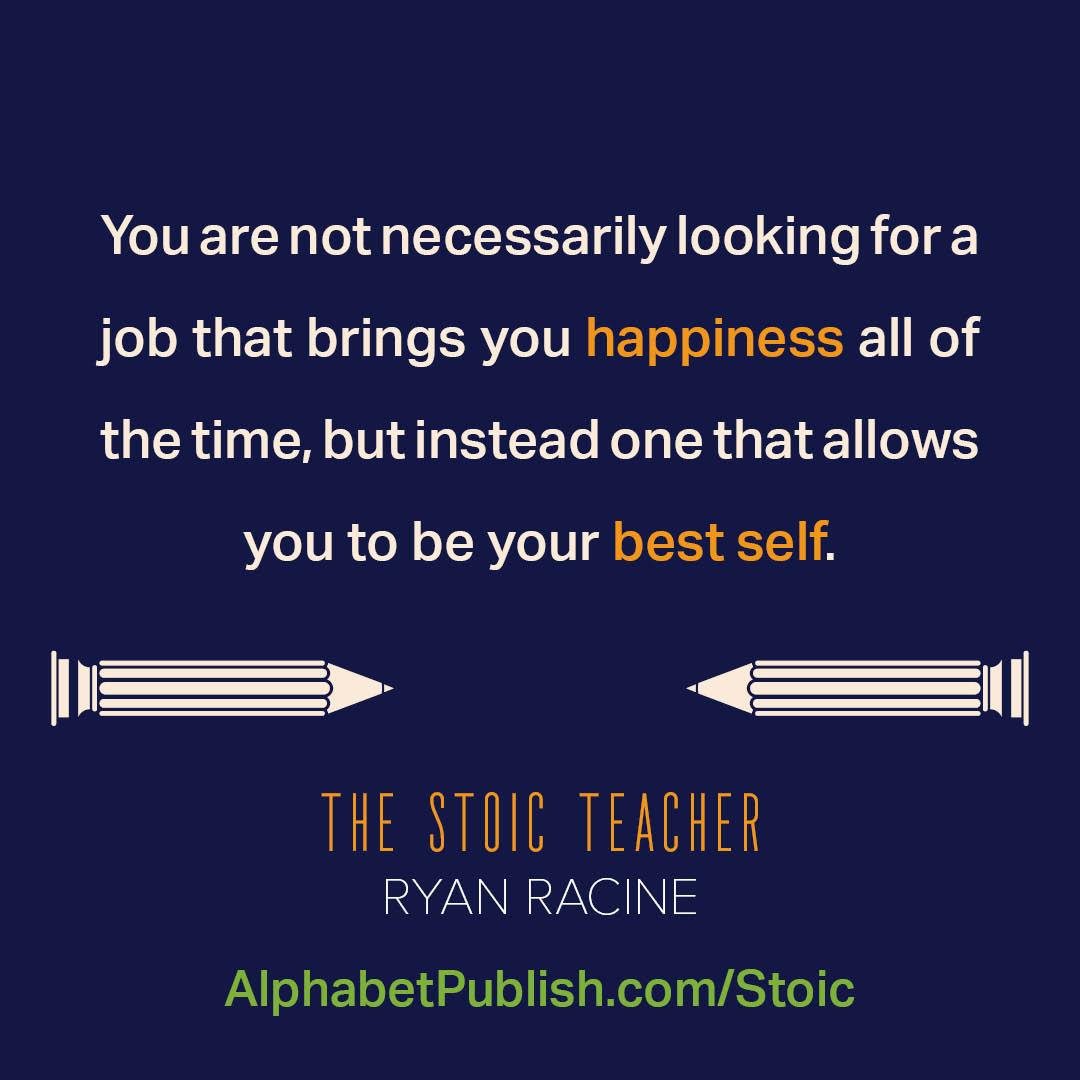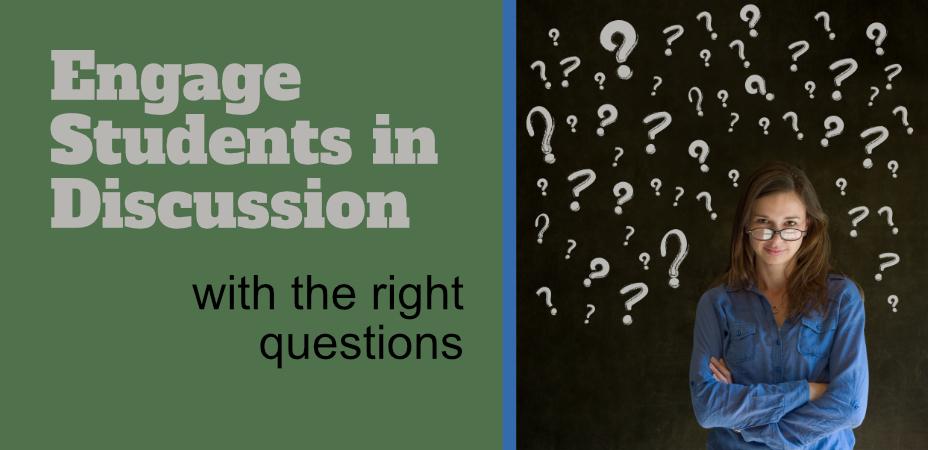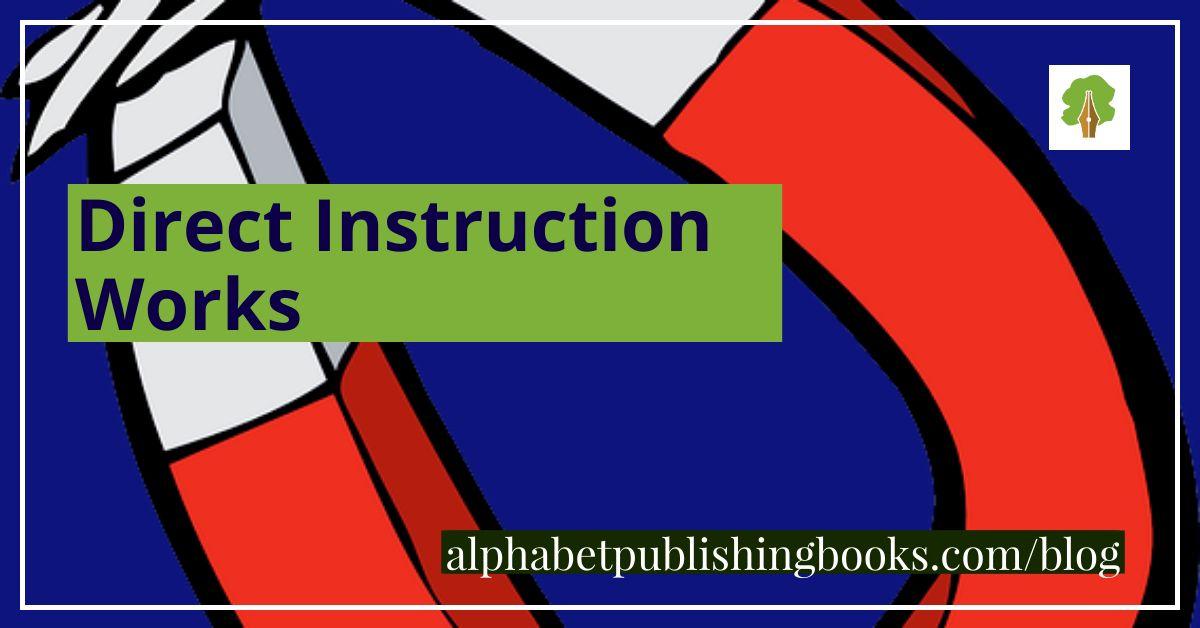Are you thinking about trying a play in your English language classroom? Not sure which one to choose? Here are the synopses of our short plays for the classroom. You can also download this list […]
Reviews of Self-Publishing Tools
Book Design Software Atticus (Mac/PC/Linux/Chome) ebook and print book interior design

Self Publishing Books for Teachers: Everything to Know
I’m working on a series of posts on everything you need to know about self publishing. My experience is in education so much of what I write will be best for teachers or non-fiction. However, […]

Is Stoicism Relevant to Teaching?
When Ryan contacted me about publishing his book, The Stoic Teacher, I was intrigued. I had heard of Stoicism, but I didn’t know much about it. I always associated it with keeping a stiff upper lip, a kind […]

How to Read EPUBS
I get a lot of questions from customers who download our ebooks in EPUB format, and want to know how to read EPUBs. When you buy ebooks through the Kindle store or iBooks or a […]

Engage Students in Discussion With the Right Questions
Asking questions happens to be one of my favorite things to do. I used to run a discussion club in Kazakhstan where students could just come and chat about some topic or another. It was […]

Logical Fallacies and Critical Thinking
The History’s Mysteries project is about more than just giving students topics to write about. It also teaches students the critical thinking tools they need to evaluate information and find good sources. That includes distinguishing […]

Alphabet Publishing’s Most Popular Posts of 2021
My most popular posts of 2021 feature Minecraft, Excel, drama, self-care, and classroom community. Sounds appropriate for 2021!

Direct Instruction Works
There’s an ongoing debate about whether direct instruction or discovery learning works best in ELT. Direct learning also known as explicit learning is when you give students new information explicitly. For example, you tell them […]

Support Our Teacher Colleagues
We get so much from our colleagues! Sometimes we need to support our teacher colleagues and tell them what they admire in them. Here’s my list of what I’ve learned from fellow teachers over the years. How about you?

